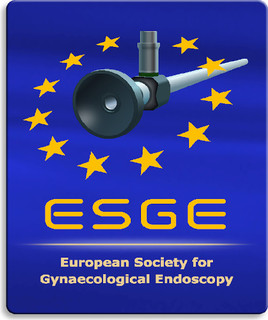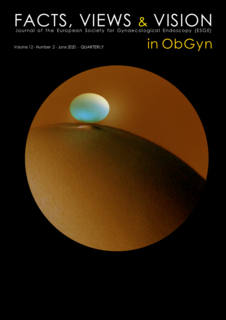Evaluation of the laparoscopic component of GESEA Programme in two different groups: Obstetrics and Gynaecology Residents versus Participants in the Annual GESEA Diploma Course in Clermont Ferrand, France
Surgical education, GESEA Certification, Minimally Invasive Surgery, Laparoscopic training courses, Practical skills
Published online: Aug 05 2020
Abstract
Background: Structured laparoscopic training courses are important in surgical education. Different programmes have been proposed, but there is currently no evidence available comparing the performance of specialists versus residents in Obstetrics and Gynaecology at these courses.
Objective: To evaluate the impact of the laparoscopic component of Gynaecological Endoscopic Surgical Education and Assessment (GESEA) Training and Certification courses in two different populations.
Materials and Methods: Prospective cohort study. Two groups were analysed - participants of the Residents’ Courses and participants of the Annual Francophone GESEA Diploma Course. Both groups were evaluated using the GESEA Level 1 laparoscopic standardised exercises and carried out in the International Center of Endoscopic Surgery (CICE), Clermont Ferrand, France in 2019.
Results: 57 French residents and 69 participants of the Annual GESEA Diploma were evaluated. The average age of participants in the Residents’ Course was lower than those in the Annual Diploma Course (28.4±1.6 versus 35.2±8.0 years, p<0.001). Residents had higher previous experience in laparoscopic surgery (42% vs 36%, p< 0.001), in animal model surgery and in laparoscopic training box (67% vs 36% and 93% vs 67% respectively, p<0.001). Notable improvement was noted in both groups in the camera navigation exercise; first attempt 105±19 vs 117±9 seconds and final attempt 81±15 and 103±20 seconds respectively (p<0.001).
Conclusions: Both groups improved significantly in most of the tests evaluated. French residents had better results in all evaluations, except in one aspect of the suture exercise (maintaining optimal results in performing the knot). After excluding the residents who attended the Annual Diploma Course, all the differences between both groups were statistically more significant.



